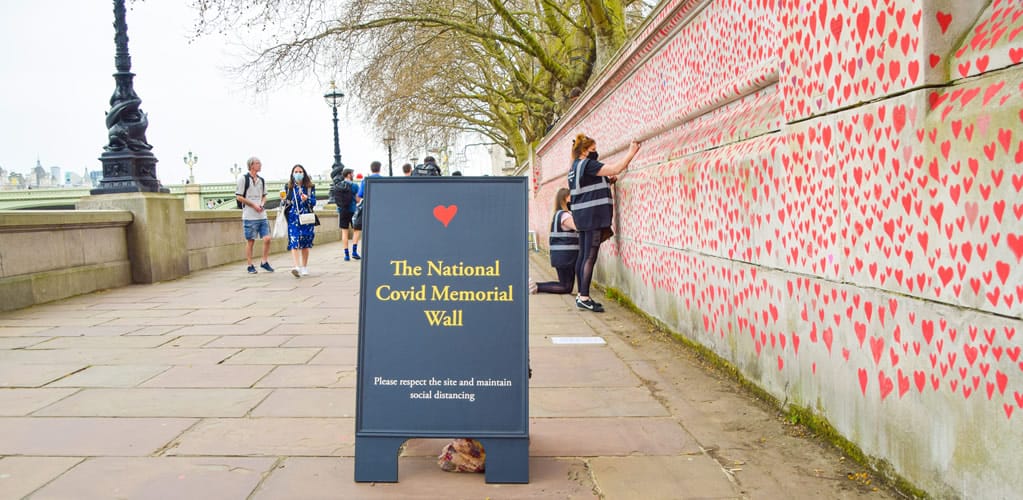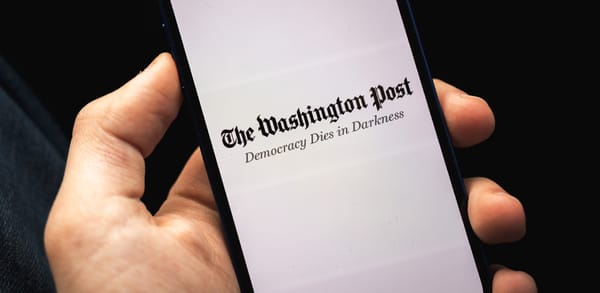COVID inquiry: How it works, and when we will know if it is successful
The COVID inquiry delves into government actions during the pandemic, aiming to provide facts, lessons, and recommendations. However, it lacks power for sanctions or compensation. Success lies in future implementation of its recommendations.

The COVID inquiry delves into government actions during the pandemic, aiming to provide facts, lessons, and recommendations. However, it lacks power for sanctions or compensation. Success lies in future implementation of its recommendations.
T he COVID inquiry has already made plenty of headlines, revealing the inner workings of the government and its many personalities during the pandemic. But other than gripping television, what can we ultimately expect from this exercise?
People who feel they have been negatively affected by the response to the pandemic may hope for the inquiry to lead to sanctions against officials or compensation. But this is not the role of a public inquiry.
Misplaced expectations can undermine public confidence in an inquiry. Understanding their role and what they can, and cannot, deliver is important.
How does a public inquiry work?
Public inquiries are a way to hold governments and others in authority to account for their actions and decisions. They are very different from other mechanisms such as courts, tribunals, and regulatory and disciplinary processes.
Put simply, an inquiry is an independent process convened by a government minister to establish facts, analyse those facts, and produce a report. The report typically sets out a number of recommendations to inform future policy decisions. It is published and laid before parliament.
The stated aims of the COVID inquiry are outlined in its terms of reference. They are to produce a factual narrative of the response to and impact of the pandemic, and to identify lessons to be learned for future pandemics.
While the inquiry may criticise the actions of government officials, and others, it has no power to determine civil or criminal liability. It cannot impose sanctions on any individual or organisation, or award compensation.
Equally, its role is not to achieve justice for certain participants or sections of society. It is entirely independent, not only from the government but from all participants and everyone else engaging with it.
While it will give a voice to bereaved families and others who have suffered, detailed answers about individual cases of harm or death fall outside its scope.

Former PM Boris Johnson is one of the politicians who has appeared at the COVID inquiry.
Is it legally binding?
In many ways, an inquiry resembles a courtroom. The COVID inquiry is chaired by a former court of appeal judge, Baroness Hallett, and involves many lawyers. But public inquiries are part of the political, not the legal, process.
Inquiry chairs and panels are unelected. Their findings and recommendations are not legally binding on the democratically-elected government. The decision about whether to implement the inquiry’s recommendations is a political decision for the government.
However, the UK government (and the governments of Wales, Scotland and Northern Ireland) cannot simply ignore their findings and recommendations. They are accountable to parliament and the electorate, and are subject to scrutiny and pressure from the media and other groups.
Crucially, holding the COVID inquiry in public, televising its hearings and publishing its findings allows participants, the public and the media to draw their own conclusions based on the evidence presented. They may then hold the government to account by voting in elections, petitions, through media and social media scrutiny, and through peaceful protests.
Inferences may be drawn from the inquiry’s findings of facts in future legal, regulatory, and disciplinary action. Its report and recommendations will also inform the actions of future governments, health sectors, regional and local authorities, the voluntary sector, community groups and others.
How do we know if an inquiry is successful?
Past public inquiries have brought about significant legislative, institutional and behavioural change.
The Mid Staffordshire NHS Foundation Trust public inquiry examined failings in care in the trust. Its report led to the statutory duty of candour, requiring healthcare providers to be transparent with patients and their families when things go wrong in their care.
The Bichard inquiry into the murders of two children by a school caretaker recommended the introduction of a national system for checking the criminal records of people working with children or vulnerable adults. This led to the introduction of CRB checks (later, DBS checks).
And the Macpherson inquiry into the death of Stephen Lawrence helped to establish the concept of institutional racism within the Metropolitan police and other institutions. It led to changes in the law, and transformed the way that the police recognise and deal with racist crimes.
The full impact of the COVID inquiry therefore cannot be judged solely on its report. It must also be judged by the extent to which its recommendations are implemented. We might not know this fully until the next pandemic.

GOING FURTHER
Public inquiries: irreconcilable interests and the importance of managing expectations | Journal of Social Welfare and Family Law
Terms of Reference | COVID-19 Public Inquiry
[PMP]





[Read our Comments Guidelines]